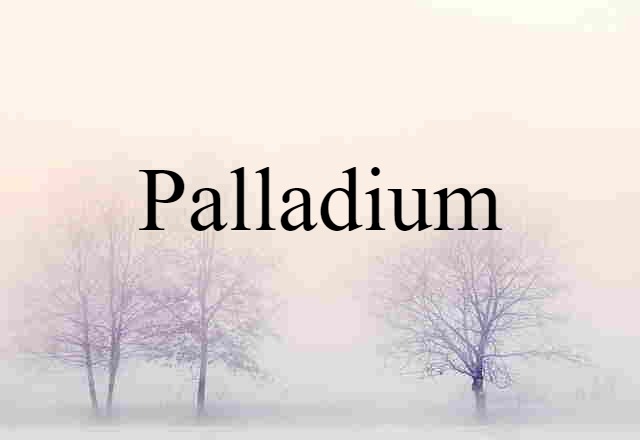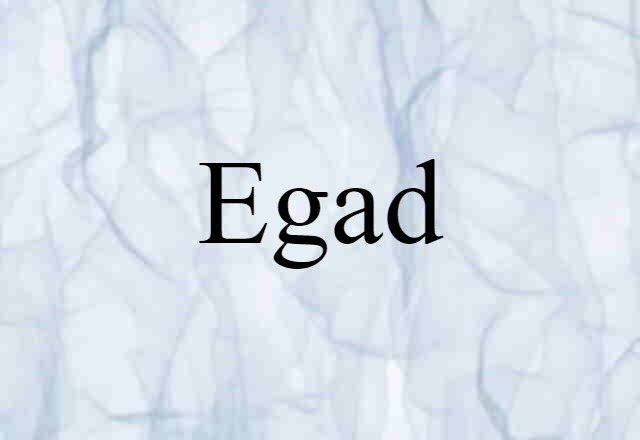- a rare metallic element of the platinum group, silver-white, ductile and malleable, harder and fusing more readily than platinum: used chiefly as a catalyst and in dental and other alloys. Symbol: Pd; atomic weight: 106.4; atomic number: 46; specific gravity: 12 at 20°C.
- a statue of Athena, especially one on the citadel of Troy on which the safety of the city was supposed to depend.
- anything believed to provide protection or safety; safeguard.
- a ductile malleable silvery-white element of the platinum metal group occurring principally in nickel-bearing ores: used as a hydrogenation catalyst and, alloyed with gold, in jewellery. Symbol: Pd; atomic no: 46; atomic wt: 106.42; valency: 2, 3, or 4; relative density: 1202; melting pt: 1555°C; boiling pt: 2964°C
- something believed to ensure protection; safeguard
- a statue of Pallas Athena, esp the one upon which the safety of Troy depended

More Definitions
- ORANGE PEKOE (noun) Definition, Meaning & Examples
- DAVIDSON (noun) Definition, Meaning & Examples
- CHARLATANRY (noun) Definition, Meaning & Examples
- EGAD (noun) Definition, Meaning & Examples
- MAGIC MARKER (noun) Definition, Meaning & Examples
- RELATIONSHIP MARKETING (noun) Definition, Meaning & Examples















